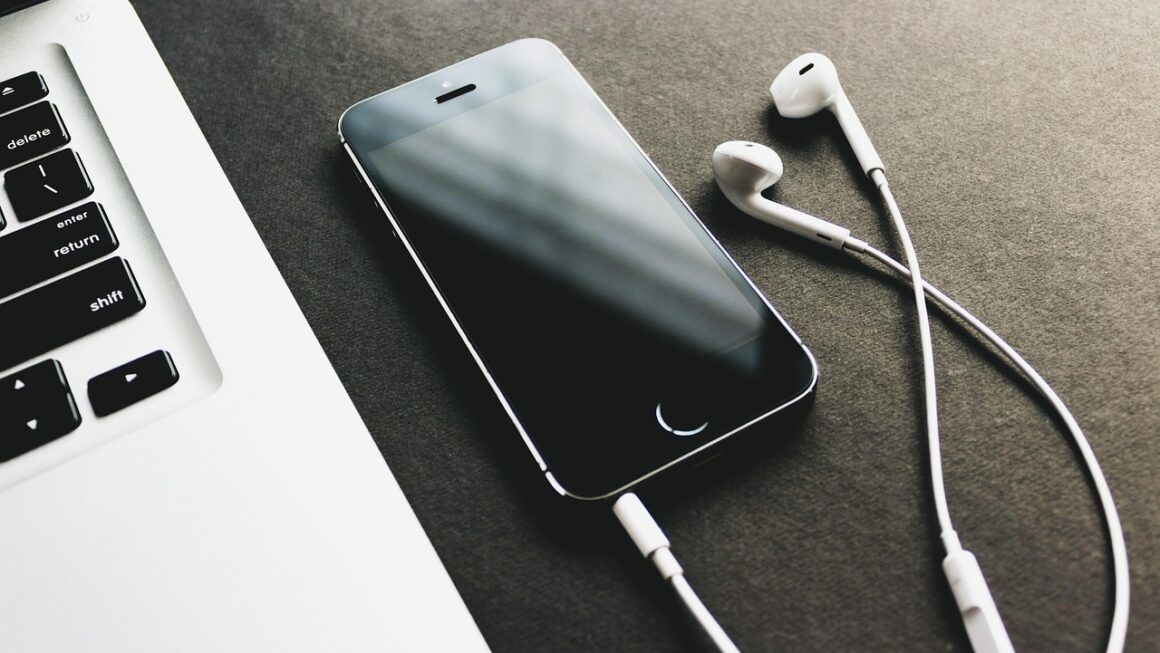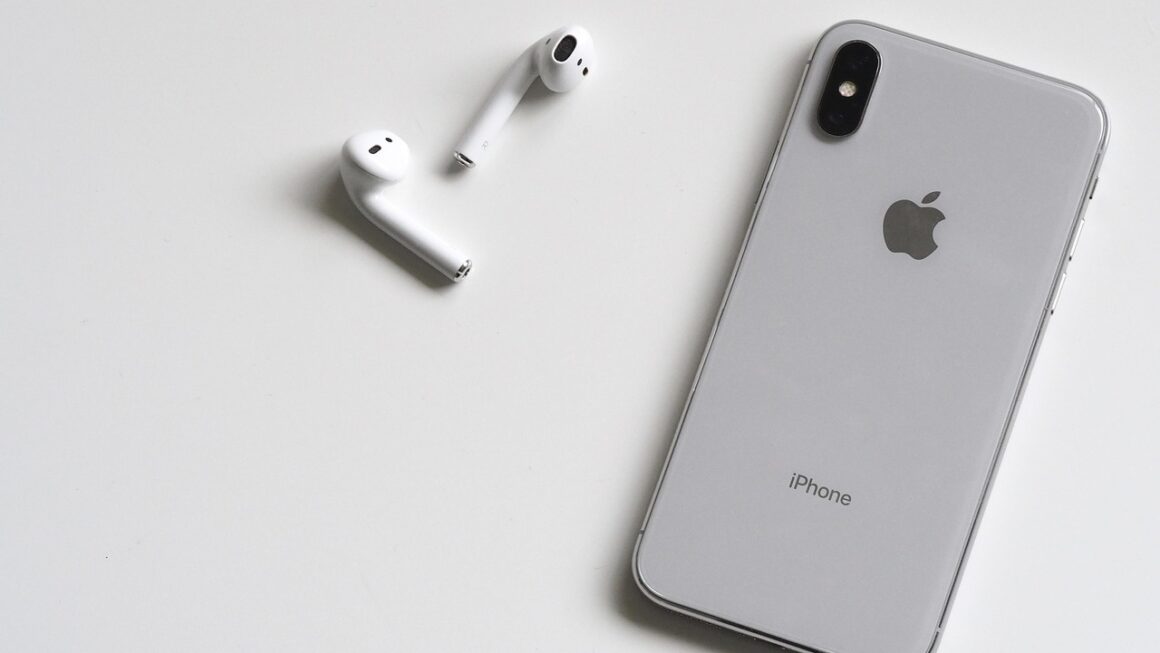Bluetooth speakers have revolutionized how we listen to music, podcasts, and more. Ditching the limitations of wired connections, these portable powerhouses offer unparalleled convenience and flexibility. Whether you’re hosting a backyard barbecue, relaxing at the beach, or simply want to enjoy your favorite tunes at home, a Bluetooth speaker is an essential audio companion. This guide will walk you through everything you need to know about choosing the perfect Bluetooth speaker for your needs.
Understanding Bluetooth Technology
Bluetooth technology is the backbone of these speakers. Understanding its capabilities will help you make an informed decision.
What is Bluetooth?
Bluetooth is a wireless communication standard that enables devices to connect and exchange data over short distances. It operates on the 2.4 GHz frequency band and uses a technology called frequency-hopping spread spectrum to minimize interference. This allows devices like smartphones, tablets, and laptops to communicate with Bluetooth speakers without the need for cables.
Bluetooth Versions and Codecs
The Bluetooth version impacts the speed and efficiency of data transfer. Newer versions, such as Bluetooth 5.0 and later, offer improved range, speed, and power efficiency compared to older versions. Also important are Bluetooth codecs. Common codecs include:
- SBC (Subband Codec): The standard codec, supported by all Bluetooth devices. It provides decent audio quality but isn’t the most efficient.
- AAC (Advanced Audio Coding): Commonly used by Apple devices, offering better audio quality than SBC at similar bitrates.
- aptX: Designed for higher-quality audio streaming, delivering near-CD quality sound. Variants include aptX HD and aptX Adaptive.
- LDAC: Developed by Sony, this codec offers the highest bitrate, providing exceptional audio quality for compatible devices.
- Actionable Takeaway: Check the Bluetooth version and supported codecs of both your audio source (e.g., smartphone) and the speaker to ensure optimal audio quality.
Key Features to Consider
Choosing the right Bluetooth speaker involves evaluating several key features to match your specific requirements.
Sound Quality and Output
Sound quality is paramount. Consider the following aspects:
- Driver Size and Configuration: Larger drivers typically produce louder and fuller sound. Multi-driver configurations (e.g., tweeters and woofers) can enhance clarity and detail.
- Frequency Response: A wider frequency response range (e.g., 20Hz – 20kHz) indicates the speaker’s ability to reproduce a broader spectrum of sounds.
- Power Output (Watts): Higher wattage generally translates to louder volume, but it’s also important to consider sound clarity at higher volumes. Look for speakers with minimal distortion.
- Example: The Sonos Move 2 delivers exceptional sound quality with deep bass and clear highs, thanks to its custom-designed drivers and advanced digital signal processing.
Portability and Durability
For on-the-go use, portability and durability are crucial:
- Size and Weight: Consider the dimensions and weight of the speaker. Smaller, lighter models are easier to carry around.
- Water Resistance: Look for speakers with an IP (Ingress Protection) rating, such as IPX7, which indicates water resistance. Some are even waterproof.
- Rugged Design: Speakers designed for outdoor use often feature a rugged, impact-resistant build to withstand drops and bumps.
- Example: The JBL Flip 6 is a popular portable option, featuring a compact design, IP67 water and dust resistance, and a durable build.
Battery Life
Battery life significantly impacts the usability of a Bluetooth speaker.
- Playback Time: Check the manufacturer’s stated battery life. Keep in mind that actual playback time may vary depending on volume levels and usage patterns.
- Charging Time: Consider how long it takes to fully charge the speaker.
- Power Bank Functionality: Some speakers can also function as power banks, allowing you to charge your smartphone or other devices.
- Example: The Anker Soundcore Motion+ boasts an impressive 12-hour battery life, making it ideal for extended listening sessions.
Connectivity and Additional Features
Beyond Bluetooth, other connectivity options and features can enhance the user experience.
- Auxiliary Input: A 3.5mm auxiliary input allows you to connect devices without Bluetooth, such as older MP3 players.
- USB Port: A USB port may be used for charging the speaker or for playing audio files directly from a USB drive.
- NFC Pairing: Near Field Communication (NFC) simplifies Bluetooth pairing with compatible devices.
- Voice Assistant Integration: Some speakers integrate with voice assistants like Amazon Alexa or Google Assistant, allowing for hands-free control.
- Multi-Speaker Pairing: Some models allow you to pair multiple speakers for a stereo or multi-room audio experience.
- Example: The Ultimate Ears Boom 3 offers multi-speaker pairing, allowing you to create a synchronized audio system with other Boom or Megaboom speakers.
- Actionable Takeaway: Create a list of your must-have features based on your intended use case (e.g., outdoor activities, home use, travel) to narrow down your options.
Different Types of Bluetooth Speakers
Bluetooth speakers come in various shapes and sizes, each catering to specific needs.
Portable Speakers
These are the most common type, designed for on-the-go use. They are typically compact, lightweight, and battery-powered. Portable speakers prioritize convenience and portability.
Smart Speakers
Smart speakers integrate voice assistants and smart home functionality. They can play music, answer questions, control smart home devices, and more. Examples include the Amazon Echo and Google Nest Audio.
Outdoor Speakers
Designed to withstand the elements, outdoor speakers are rugged, water-resistant, and often louder than portable speakers. They are ideal for backyard gatherings, camping trips, and poolside use.
Bookshelf Speakers
While not strictly portable, bookshelf speakers offer superior sound quality and are suitable for home use. Some models offer Bluetooth connectivity, combining convenience with high-fidelity audio.
Party Speakers
Party speakers are designed for large gatherings and events. They typically feature high power output, multiple drivers, and often include additional features like built-in lights and microphone inputs.
- Actionable Takeaway: Evaluate your primary use case (e.g., home entertainment, outdoor adventures) to determine the type of Bluetooth speaker that best fits your needs.
Budget and Brand Considerations
Bluetooth speakers range in price from affordable entry-level models to premium high-end options.
Setting a Budget
Determine how much you are willing to spend on a Bluetooth speaker. Entry-level models can be found for under $50, while premium options can cost several hundred dollars or more. Keep in mind that price often reflects sound quality, features, and build quality.
Popular Brands
Several reputable brands offer high-quality Bluetooth speakers:
- JBL: Known for its portable speakers with powerful sound and rugged designs.
- Sony: Offers a wide range of speakers, from portable options to high-end audio systems.
- Bose: Renowned for its premium sound quality and innovative technologies.
- Ultimate Ears (UE): Popular for its waterproof and durable speakers with vibrant sound.
- Anker (Soundcore): Provides affordable and reliable speakers with impressive battery life.
- Sonos: Specializes in premium wireless audio systems with multi-room capabilities.
- Actionable Takeaway: Research different brands and read reviews to get a sense of their reputation and the quality of their products.
Conclusion
Choosing the right Bluetooth speaker requires careful consideration of your specific needs, budget, and preferences. By understanding the key features, different types of speakers, and popular brands, you can make an informed decision and find the perfect audio companion for your lifestyle. Whether you prioritize portability, sound quality, durability, or smart features, there’s a Bluetooth speaker out there that’s just right for you. Happy listening!




